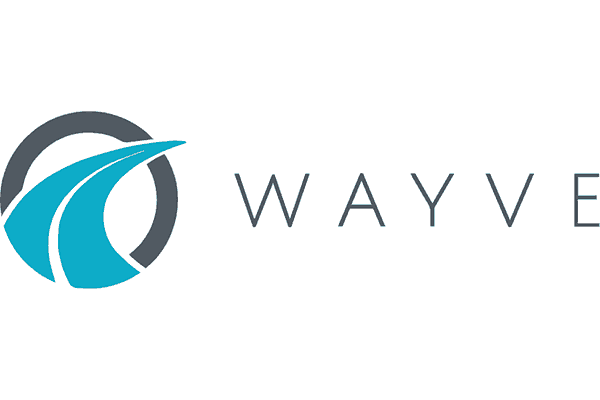The real hammer has yet to fall.
- There is more bad news for Tencent as regulatory tightening is further restricting its gaming business but the real hammer that decimated Ant Group has yet to fall on Tencent’s huge financial services business.
- Under-18 Chinese children will now only be allowed to play video games between the hours of 8 pm and 9 pm on Fridays, Saturdays, and Sundays in a move that is likely to span an industry of workarounds and further boost the VPN industry in China.
- There are approximately 110m under-18 video game players in China but fortunately for Tencent, they make up only 2.6% of its gaming revenue according to Niko Partners.
- This is not a big surprise as children tend to have much less money to spend and so subscribe less to paid services (such as Tencent’s) and are worth much less to advertisers.
- Hence the immediate financial impact on Tencent is going to be small, but this will cause developers to think twice about investing in new games for China as there is nothing to stop regulation from spreading further.
- It is not unheard of for young adults to suffer from mental and physical health issues from very long gaming sessions and so the regulatory risk to this sector in China is still present.
- Hence, I think that there is now a strong incentive for talented and creative Chinese coders to leave China and write games for other markets where there are no restrictions on playing time.
- This is yet another example of how excessive regulation will impede China’s ability to compete in another massive industry ceding yet another advantage to its arch-rival, The USA.
- At the same time, other members of the technology sector are scrambling to avoid the regulatory axe by emulating President Xi’s call for common prosperity and are looking at ways at engaging in philanthropic activities.
- This is likely to gain momentum and should be seen by investors as potential large tax increase on their corporate profits.
- It is not yet clear whether Beijing is going after corporate profitability or the billionaire founders but either way it is not particularly good news for valuations.
- I think that this is particularly the case for Tencent, which, unlike Alibaba, has not yet seen the real hammer blow of regulation fall.
- If one takes what happened to Amt Group (see here) and applies it to Tencent’s financial services business, then there could be very serious consequences.
- This is because financial services are nearly 1/3rd of Tencent’s turnover and are currently the engine of growth of the whole company.
- If this is decimated in the same way that Ant Group has been, then there will almost certainly be a further large correction in Tencent’s valuation.
- I think that this is a matter of when not if because control of money is far important to maintaining power in China than the gaming sector is and digital financial services like Tencent’s represent a direct challenge to the financial status-quo of the state-owned banks.
- This is why China hates cryptocurrencies because they are decentralised and represent monetary units (or speculative assets) that are independent of central bank control.
- This is by far the greatest risk that Tencent now faces and as a result, I don’t think we have seen the bottom of Tencent’s share price.
- I would rather consider averaging down my already battered Alibaba position where I think the spectre of regulation has already passed and the share price has fallen way too far.










Blog Comments
David Smith
August 31, 2021 at 5:38 pm
I expect the authorities in Beijing were very likely unsettled by Ant’s model of securitizing, packaging, and selling off personal loans to investors – a business model that recalled the mortgage securitization fuse that detonated the 2008 financial implosion in the West. China has to manage a gradual program of deleveraging, and not everything is about the CCP’s jealousy over power. Maybe somewhat less than is generally supposed, given that China does not pretend to be a democracy.
RICHARD WINDSOR
September 2, 2021 at 8:44 am
Yes there is something in that. However, I think that the pandemic has shown where the CCP’s real priority lies. If Jack Ma had kept his mouth shut, I suspect that the IPO would have gone ahead none the less.